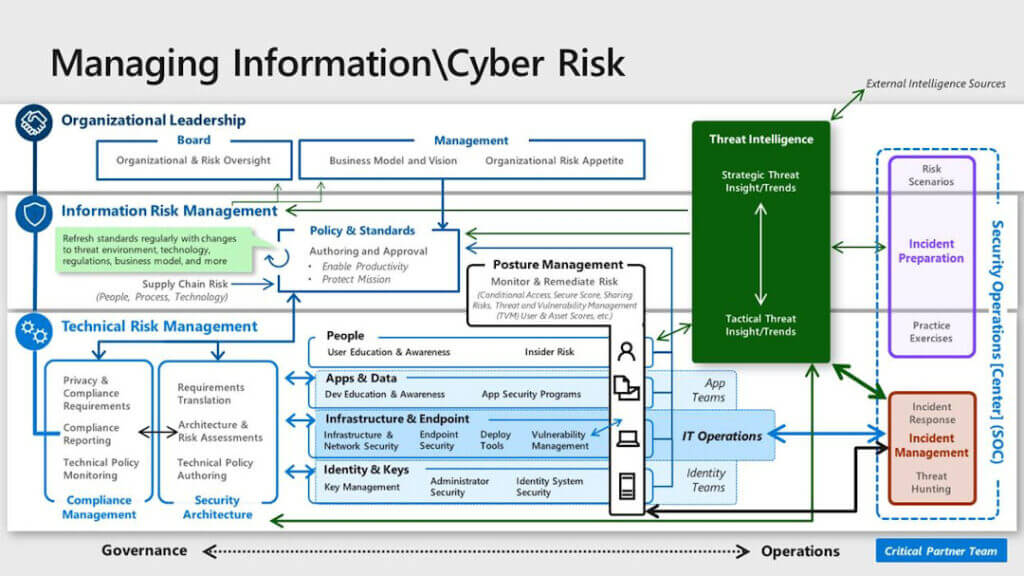The modern age of security breaches and cyberattacks makes security more relevant than ever. As a small business owner, you should strive to create a security culture at your workplace. A security culture doesn’t form overnight, so how should you go about creating it? This guide will teach you how to create a security culture for your business.
What is a Security Culture?

The term security culture may be unfamiliar to many small business owners. Security culture refers to a staff’s attitude towards performing security tasks. If you have a staff made up of people who’re always aware of good security practices and always follow them, then you have a good security culture at your business. Staff members who often skip vital security tasks contribute to negative security culture.
Why a Positive Security Culture is Important
You may not understand why a good security culture is important to your business. Many business owners think that good software and services will fill the gap caused by the weakest link, employees.
The truth is that employees are an integral part of any business’s cybersecurity. 98% of all cyberattacks rely on social engineering and can only be combated by educated employees. If you ignore the role security culture plays in the safety of your business, then you’ll leave yourself open to attacks.
By promoting good security culture, you can keep your employees and business safe.
How to Create a Security Culture at Your Business
Now you know how important a decent security culture is, so you should learn how to create one. Promoting a healthy security culture at your business can take time, and there are several actions you can take to help the process along.
A Simplified Set of Standards and Practises

Many businesses make the mistake of drafting huge security handbooks to cover every possible facet of cybersecurity. The problem with these unwieldy volumes of security practices is that they’re unmanageable, so people will rarely use them.
A much better approach is to create a concise list of things you need your employees to do. If your business is based out of a physical location, post the list somewhere in the workplace. Because everyone can see and quickly understand the list, they’re more likely to adhere to it.
Set Reasonable Expectations
Another huge problem many businesses suffer from is expecting far too much from employees. Asking your employees to remember 15 unique passwords without allowing them to share or write them down fails to account for human ability.
Allow your workers to use software and tools that make your security expectations more manageable. This way, your employees won’t be too busy trying to meet your expectations to get their work done. You’ll find that your business is safer with everyone following moderate security protocols than trying and failing to follow strict protocols.
Correct, Don’t Punish
You shouldn’t punish failure to meet security expectations in most circumstances. If you discover someone isn’t following security measures and you punish them, they’re less likely to come to you with security-related problems.
When you discover workers aren’t following the correct security procedure, you should ask why. If your procedure prevents your workers from doing their jobs, you should change your security procedures. You should be able to find solutions that encourage workers to perform their security tasks and approach you with security concerns.
Having an online, anonymous system to give feedback on security policy is a great start because it allows your workers to tell you how security measures affect their work in total confidence. You might find that your workers already know a great way to improve security and efficiency.
Make Everyone Feel Involved
If you have a dedicated security team or staff member, then you might make the mistake of thinking security is completely up to them. As we stated above, good cybersecurity relies on everyone in a business to participate.
You should make it clear to your staff that security is important for everyone. Ensure that your managers or other senior staff take their security seriously, and your other employees will follow suit.
Avoid Overselling
One of the biggest missteps that a business can make is overselling the focus on security. If you’re not a cybersecurity-related business, then you shouldn’t be trying to wage a total war on cybercrime. When your business claims that security is critical but doesn’t demonstrate that with everyday practice, it’s likely that your employees will take cybersecurity less seriously.
It’s much better for your business and employees if you’re reasonable about your commitment to security. Make people aware that security is important, but don’t focus on it to the detriment of your business’s actual function or trade.
How We Can Help You to Build a Security Culture
A great way to promote a strong security culture at your company is to rely on Hacked.com.
Contact us here if you have any questions about your business’s cybersecurity.
Featured image by G-Stock Studio from Shutterstock.com